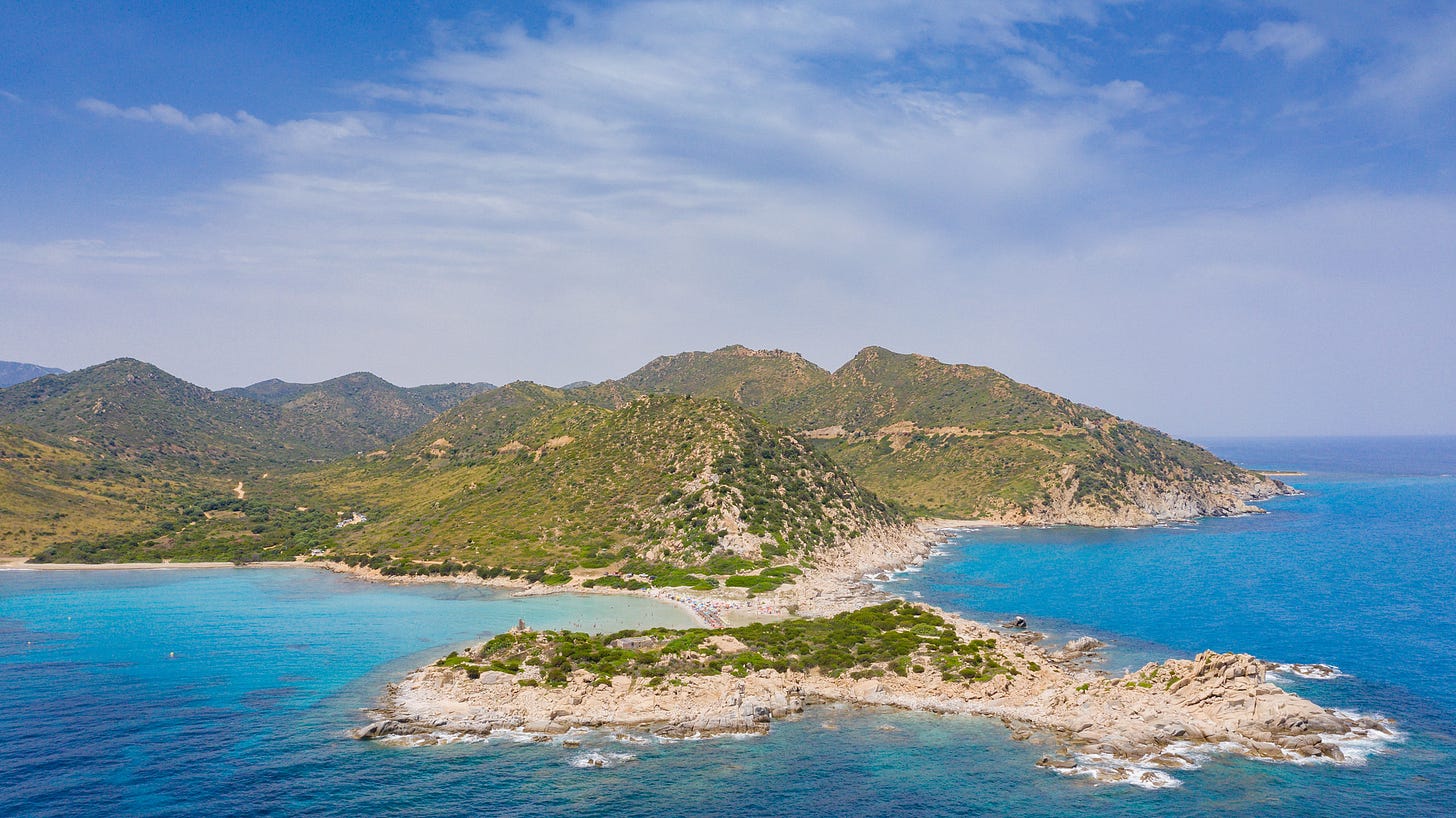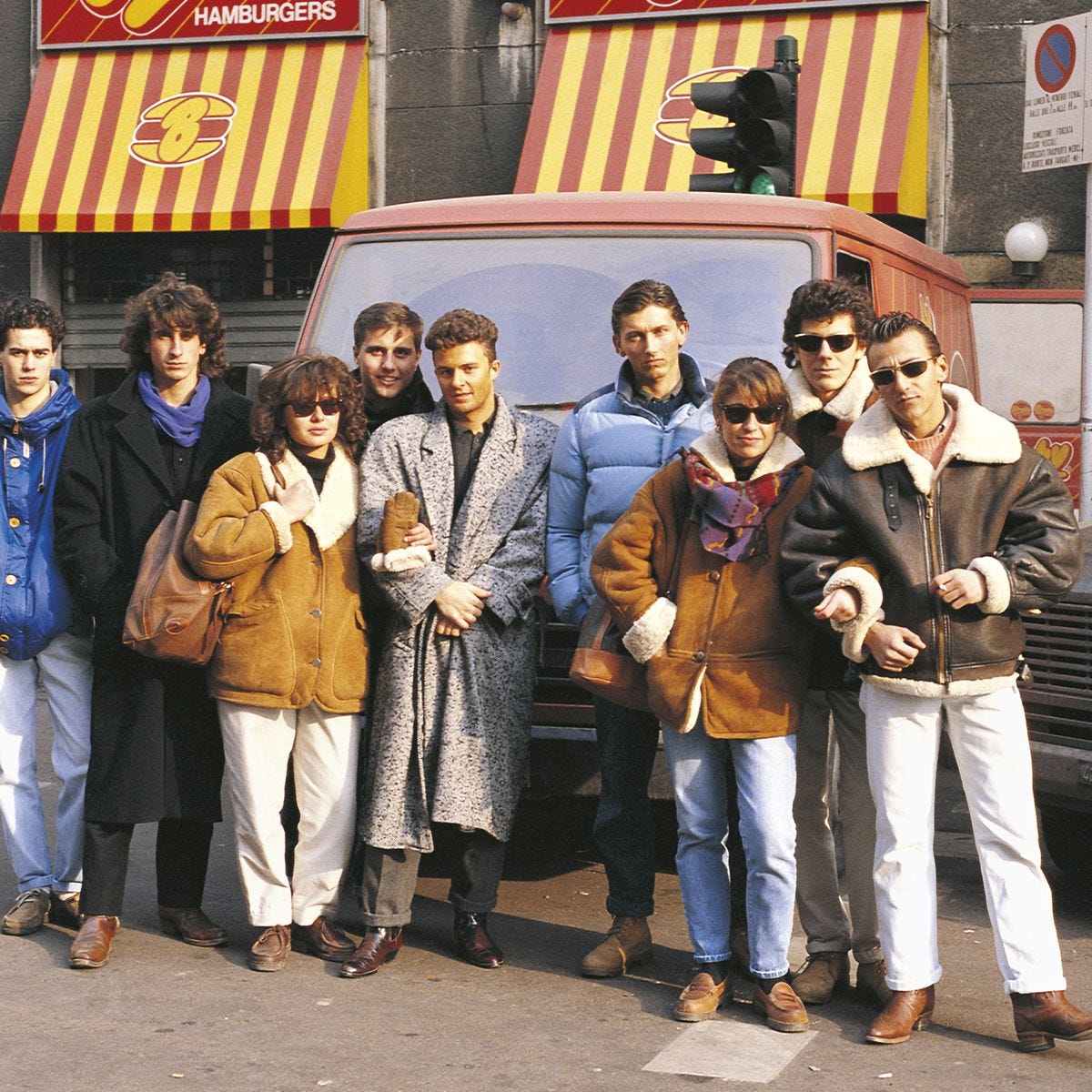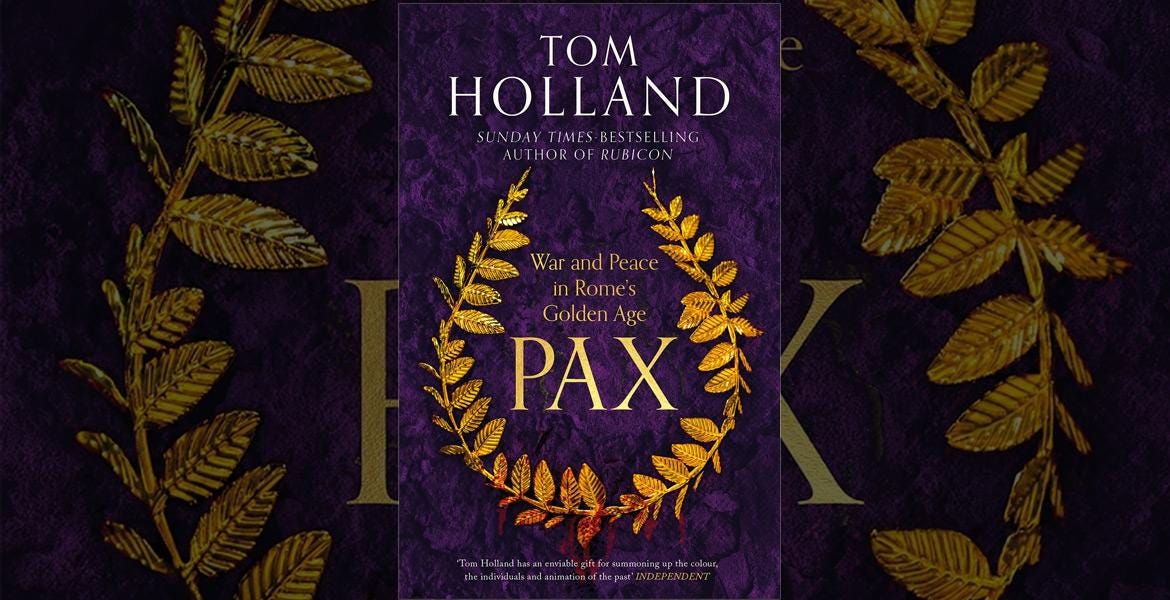Dismal Data
Plus, summer scams and a history of Rome’s Golden Age
Bad news for Georgia Meloni’s government, and more importantly bad news for Italy. According to the latest economic data, the nation’s finances are in significantly poorer health than officials have been willing to admit until now. Just two weeks ago, during a press conference with business representatives in Milan, Meloni took to the stage to proclaim triumphantly that Italy is performing "beyond expectation", and is “the most reliable country in the Eurozone.” This is, quite simply, balderdash. While most EU countries are now recovering from the combined pressures of Covid-19 and the war in Ukraine, the Italian economy actually contracted by a further -0.3% in Q2 2023. There are multiple causes here: inflation, low consumer trust, the ageing population. It’s highly likely, however, that Meloni’s welfare cuts and cack-handed allocation of EU recovery funds are also significant factors in the downturn. Whatever the specifics, the implications are concerning. Inflation is now at 8.5 % and prices are (still) soaring. Local governments are feeling the squeeze. Matteo Salvini, infrastructure minister, has been forced to cut investments meaning that motorways, bridges and other major construction projects are likely to be left underfunded or unfinished. During her time as PM, Meloni has succeeded in presenting herself as a pragmatic, capable conservative who can get things done. Her critics have been left virtually mute. Now, this government’s novel sheen is beginning to wear off. The new is getting old and frustrations are growing. Slowly, the narrative is beginning to shift.

What about the everyday consequences? Well, it being holiday season the summer price hikes seem an appropriate place to start. The bottom line is this: if you’re thinking of travelling around Italy right now - and chances are high if you’re reading this - this is a pretty bad time to do so. As the consumer watchdog Federconsumatori has noted, people are currently paying 30% more for domestic flights and +45% for international flights to the country as compared with 2022. It will cost you 17% more to stay in a seaside resort and 9% more to be in the mountains as compared with last year. Hotels are up 10% everywhere. AirBnbs and short rentals as much as 30%. Prices of gelato (+22%), soft drinks (+17.1%), and beer (+15.5%) are all out of control. The only service that has seen a decrease is, in fact, ferry prices. Routes like Livorno to Sardinia are actually around half the price of last year (a welcome correction from the post-Covid over-demand bonanza). Nevertheless, my personal advise for an affordable break remains the same as ever: rent a flat in a small village, stock up on seasonal fruit from small producers and head to a lake or river rather than the coast if you fancy a swim.
At 10.25am on the morning of 2 August 1980 a bomb exploded in Bologna train station killing 85 people and seriously injuring a further 200. This was one of the bloodiest events in the decade of violence known by journalists and historians as the anni di piombo (the years of lead). Ever since, an investigation has been ongoing to find and punish the culprits. While many small details remain unclear, there is no doubt whatsoever that a network of neo-fascist and mafia-affiliated organisations organised the attack. This is a highly emotive topic, of course; and the memorial is always an intensely political moment. This Tuesday, 43 years after those events, President of the Republic Sergio Mattarella gave a speech in which he directly evoked the “ongoing threat of fascism” and the importance of robust democratic institutions in preventing its return. The right leaning parliament - uncharacteristically - accepted these core facts and even voted on a motion to open up further classified state archives to ensure the truth is made public. All the more striking, then, that the PM Giorgia Meloni stopped short of endorsing such a stance. During her own speeches yesterday she evoked the “ills of terrorism” and the “horror of those years” while studiously avoiding the word fascism. This might sound like a small, semantic issue, but the incident is nevertheless revealing. As Gianfranco Pagliarulo, President of ANPI put it, “Georgia Meloni has called the judicial facts into question several times over the years. Now, as Prime Minister this ambiguity, this revisionism, is totally unacceptable.” I couldn’t agree more. For more information on the historical tragedy, and the ongoing investigations, check out this piece in The New European.
Arts and culture: fast food and luxury fashion
The Guardian published a brilliant little feature this week about the 80s Italian subculture known as the paninari. “Rivals” to punks and rockers, the paninari were known for their distinctive aesthetic which combined “designer clothes with country accessories, and revel[ed] in the deliberate ostentation of expensive brands.” They devoured fast food, loved pop music and expressed themselves through a strange embrace of hyper-American-capitalism and provincial Italian traditionalism. In the piece, Giorgio Ghiglione -who is rapidly becoming one of my favourite ENG language commentators on contemporary Italy - catches up with some of the ageing scenesters of yesteryear. He talks with these paunchy characters about Italodisco, hamburgers and the changing national mood. It’s a great read about the psychology of nostalgia (as one interviewee improbably states “the music we listen to, the outfits we wear, they are iconic and this aesthetic will continue to exist”), but it’s also a sensitive, humane and nuanced account of how a distinct group of lower-middle-class youths found themselves and a community of sorts in the early years of neoliberalism. Here’s the link.
The historian Tom Holland has a new book out - for general audiences - about the so-called Golden Age of Rome. Pax tells the story of the Empire’s most bountiful period; between the ages Nero and Hadrian [the 1-2nd Centuries AD]. This was the era when many of the city’s most recognisable monuments were constructed, including the Colosseum, the fora of Nerva and Trajan and the Baths of Titus and Trajan. The book itself, as one reviewer has put it, is “grand-sweep narrative history.” Holland gives an overview of the big picture; of dynastic conflicts, political debates and social controversies. But he also dedicates long passages to art and poetry, religion, sexuality and leisure. This isn’t an academic book, though based on the endorsement of several prominent scholars, the bibliography is up to date, rigorous and provides ample space for interested readers to dive deeper. In other words: if you are looking for a breezy, literary read to deepen your knowledge of the ancient world beyond the well-known story of Julius Caesar this could be for you.
Recipe of the week: pistacchio and mint pesto
I’ve been missing Sicily these past few weeks. It’s still one of my favourite places in Italy, and food-wise I happen to think it’s the most gastronomically exciting region. This week, with Sicilian gastronomy on the mind, I decided to rustle up the pistacchio and mint pesto from Katie Parla’s latest book Food of the Italian Islands. This is a rich, indulgent dish. More autumnal than summery, really, and frankly inappropriate for the heat. That said, it’s extremely simple to make and if you’ve got a decent blender on hand you can rustle this up in just twenty minutes. You won’t find this recipe online, but the instructions are quite straightforward. So here we go: take a cup of pistacchio nuts (unsalted), a cup of basil, a cup of mint, two cloves of garlic and some salt. Blitz the lot on a high setting until you have a crunchy paste. Next, turn the blender down and gradually (gradually!) pour in some olive oil until you have your desired texture. This will probably take a few minutes. Stir in some cheese - I like pecorino Romano - and that’s it, you’re done! Toss the pesto though some cooked pasta and whip it up into a creamy sauce with the aid of some starchy-salty cooking water. The result is unctuous, decadent and utterly baroque. Serve with a side salad of tomatoes and capers to cut through the fat. For more detailed instructions, check out Parla’s book!
About Me
My name is Jamie Mackay (@JacMackay) and I’m an author, editor and translator based in Florence. I’ve been writing about Italy for a decade for international media including The Guardian, The Economist, Frieze, and Art Review. I launched ‘The Week in Italy’ to share a more direct and regular overview of the debates and dilemmas, innovations and crises that sometimes pass under the radar of our overcrowded news feeds.
If you enjoyed this newsletter I hope you’ll consider becoming a supporter for EUR 5.00 per month (the price of a weekly catch-up over an espresso). Alternatively, if you’d like to send a one-off something, you can do so via PayPal using this link. No worries if you can’t chip-in or don’t feel like doing so, but please do consider forwarding this to a friend or two. It’s a big help!



